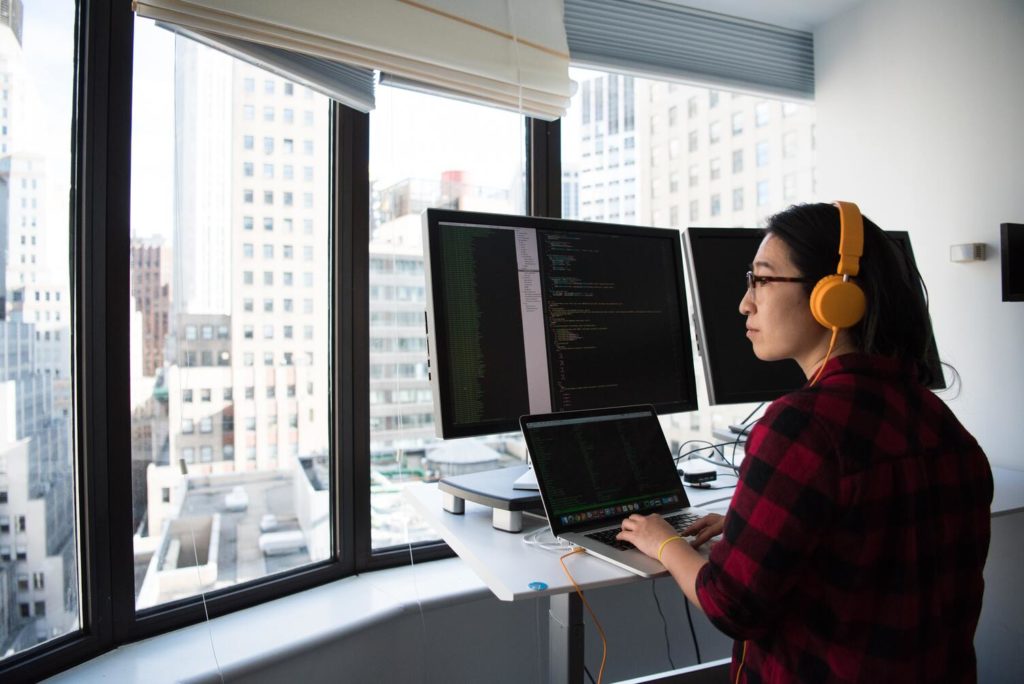
Artificial Intelligence (AI) is not just a technological trend; it is a transformative force that is reshaping the future of work. As AI continues to advance, its ability to automate repetitive tasks and analyze vast datasets is changing the landscape of employment. This shift in job roles and responsibilities demands a fresh perspective on the future of work. Rather than viewing AI as a potential threat to job security, we must focus on fostering human-AI collaboration and leveraging AI to enhance productivity and creativity in the workplace.
The Rise of AI in the Workplace
AI’s rapid evolution is already impacting the job market across industries. Automation of routine tasks in manufacturing, customer service, data entry, and logistics is increasing efficiency and reducing operational costs. While this automation improves productivity, it also raises questions about the future of human employment.
Embracing Human-AI Collaboration
The key to unlocking the full potential of AI in the workplace lies in embracing human-AI collaboration. Rather than viewing AI as a replacement for human workers, organizations must recognize its role as a powerful tool that complements human skills and expertise.
AI-Driven Efficiency and Productivity
AI’s ability to process and analyze large datasets allows it to generate valuable insights and predictions. By augmenting human decision-making with AI-generated recommendations, employees can make better-informed choices, leading to increased productivity and business growth.
Upskilling and Reskilling the Workforce
As AI automates certain tasks, the demand for skills related to AI development, data analysis, and AI strategy increases. Upskilling and reskilling initiatives are essential to equip the workforce with the necessary knowledge and expertise to collaborate effectively with AI technologies.
The Rise of New Job Roles
While AI may displace some job roles, it also creates new opportunities. AI requires human oversight, maintenance, and creativity, leading to the emergence of roles like AI trainers, ethicists, and AI strategy consultants.
AI in Creative Industries
AI’s ability to analyze patterns and generate creative content opens new possibilities in creative industries like art, design, and marketing. Human creativity remains paramount, but AI can provide novel insights and assist in ideation processes.
Ethical Considerations
With AI impacting decision-making processes, ethical considerations are paramount. Ensuring fairness, transparency, and accountability in AI algorithms and their outcomes is critical to maintain trust and public acceptance.
Creating a Positive Work Environment
Successfully integrating AI into the workplace requires creating a positive work environment that values innovation, continuous learning, and collaboration. Organizations must encourage experimentation and risk-taking while acknowledging the importance of human creativity and emotional intelligence.
Preparing for the Future
Preparing for the future of work requires a proactive approach from both employers and employees. Companies must invest in AI training programs, promote a culture of learning, and support employees’ professional development. Workers, in turn, should embrace lifelong learning and remain adaptable to navigate the evolving job market.
The future of work is undeniably intertwined with AI technologies. By embracing AI as a collaborative partner, investing in upskilling, and fostering a culture of continuous learning, we can harness the power of AI to enhance productivity and creativity in the workplace. This human-AI collaboration offers boundless opportunities for innovation and prosperity, shaping a future where humans and AI work together harmoniously to build a thriving and dynamic workforce.




